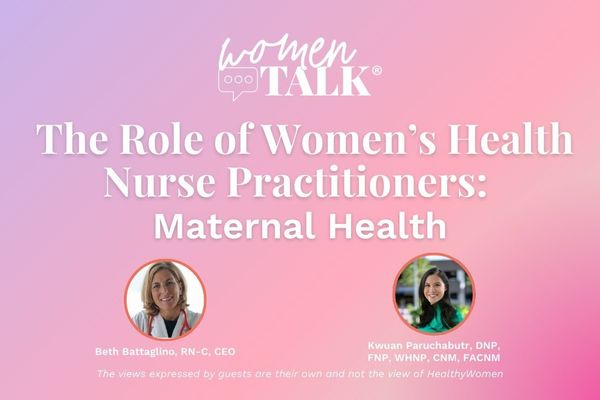Oftentimes, a woman begins to think like a mother as soon as the stick turns pink. She may ask herself: What can I do to create the healthiest most nurturing environment for this fetus to grow and develop physically? She may also wonder if there are actions she can take to help build her baby's brain health and intellect.
David Perlmutter, MD, FACN, ABIHM, board-certified neurologist and author of Raise a Smarter Child by Kindergarten, offers these tips for expecting mothers about how they can boost their babies' developing brains.
- Make sure you're getting adequate DHA in your diet during pregnancy. DHA, or docosahexaenoic acid, is an essential omega-3 fatty acid that plays a critical role in brain, immune system and eye development. Because your body's reserves of DHA will be selectively given to the fetus, it's important to replenish your body's reserve of this fundamental fat. Eating fish helps replenish DHA, but many fish are contaminated with mercury and other toxic chemicals, so taking an algae-derived DHA supplement is best. There are many prenatal vitamins that contain added DHA, as well as more than 500 food products that have been enriched with DHA derived from algae. DHA remains a vital nutrient for brain development after baby is born. That's why many infant formulas have added DHA. But the best option by far is to breastfeed if at all possible. Keep in mind that the DHA content of breast milk is substantially higher when mothers add DHA to their diets. Breastfeeding women are often advised to take a daily algae-derived DHA supplement supplying about 600 mg of DHA.
- Keep in mind that during pregnancy you are in complete control over the environment your future child experiences. Pregnancy is not the time to paint a room, expose yourself to potentially dangerous cleaning products, smoke cigarettes, expose yourself to secondhand smoke or consume foods that may harbor dangerous levels of pesticides. These exposures may lead to compromised brain function.
- Exercise is important and encouraged, but excessive exercise that keeps your body temperature elevated for a prolonged time should be avoided. One of the best exercises during pregnancy is swimming. Not only is it good for you from a cardiovascular perspective, but it doesn't elevate your core body temperature. Yoga also gets the nod, but avoid the "hot yoga" classes that have become popular. Stretching and yoga poses are a great idea, but make sure the room is comfortable.
- Finally, you may be overwhelmed by the number of toys, games, dolls and music CDs that promise to enhance your child's brain development. While there may be some good products out there, don't underestimate the powerful influence of the spoken word in terms of your baby's brain development. Get face to face with your infant and talk with as much animation as you can muster. Singing to your baby does wonders for brain development, even if you think you don't have the world's greatest voice. It's all about the interaction.
This just in: A new study found that vitamin D deficiency during pregnancy could hinder babies' brain development, impeding their mental and motor skills.







